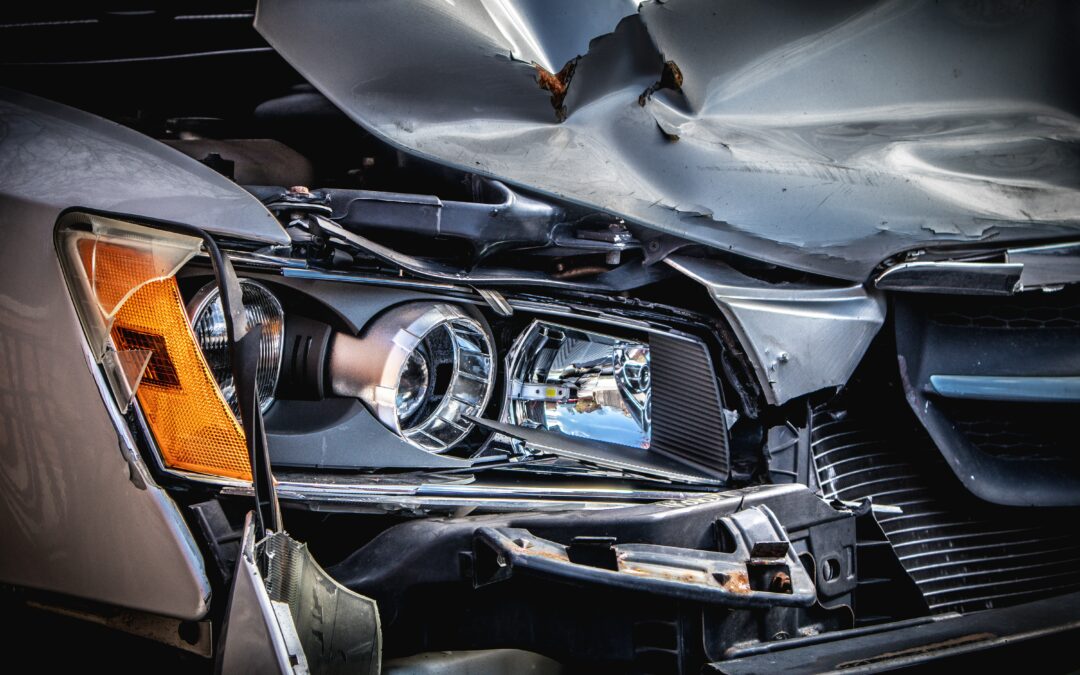Slips, trips, and falls can be very dangerous. In fact, they may cause long-term injuries. So, if you slipped and got hurt, you might wonder, “Can I sue?”
If you suffered severe injuries and need to pay for medical expenses, simply put, you can sue the property owner. However, to win your case, you need to prove that the property owner acted with negligence.
Follow our guide below to learn best practices in your personal injury case. If you need assistance from a personal injury lawyer in Texas, contact Dooley Noted today!
Types of Property Where You Might Have Slipped and Got Hurt
People who own property must protect people on their property. This includes people who live in private homes, business areas, and parks. Moreover, the law is different for each type of property. Therefore, talk to a lawyer who specifically understands the laws of Texas.
The law distinguishes three types of property: private, commercial, and public. More importantly, identifying the property remains crucial when drafting a lawsuit.
Private Property
Private property includes your home and yard. If you trip over an object and sustain injuries, you may sue the owner. Ultimately, the owner is responsible for ensuring the property remains safe and free of hazards.
Commercial Property
Commercial property includes land or buildings owned by a business. For instance, let’s say you slip and fall on commercial property. In that case, you may sue the business owner. Ultimately, commercial property owners must ensure their customers remain safe while on the premises.
Public Property
Public property includes sidewalks, streets, and parks. If someone sustains an injury on public property, they may sue the government or municipality responsible for maintaining that area.
Classification of Plaintiff
People have different levels of protection. For example, if someone invites you to their property, the owner must ensure the property is hazard free. However, if you find yourself on someone’s property without permission, then the law requires less of the property owner in regard to saftety.
The law distinguishes three typical classifications for an injured plaintiff.
Licensees
A licensee consists of an individual allowed on the property for a specific reason such as to make repairs or purchases. The property owner must tell the licensee about anything dangerous on the property prior to their arrival. For example, recently mopped floors require a warning sign from the property ownder, so that the licensee knows to proceed with caution.
Invitees
An invitee requires an invitation from the property owner. However, this does not include guests on the property for a business deal. The most common type of invitee includes a social guest. Property owners must make sure their premises remain safe for all invitees. Furthermore, they must inspect their property regularly for any potential dangers.
Trespassers
If someone enters a property without permission, the law labels this person as a trespasser. The law does not require property owners to ensure the safety of trespassers. However, if a property owner does something to lure a trespasser onto their property, like leaving candy out in front of a “No Trespassing” sign, the law may hold the property owner liable.
Evidence to Gather if You Slipped and Got Hurt
For example, suppose you show the property owner acted negligent if you slipped and got hurt. In that case, your odds of winning a lawsuit increase. Above all, gather evidence at the scene of the accident. Emphasize the cause of your injury due to unsafe conditions that fall within the property owner’s responsibility. Additionally, include photographs of the property, witness statements, or obtaining relevant documentation. Further, you must demonstrate that your injury took place on their property.
Speak with a personal injury lawyer in Texas if a slip and fall accident injured you. They will advise you on the best course of action and help guide you through the legal process.
The Law of Attractive Nuisance
The law of attractive nuisance is a legal principle that holds property owners liable for injuries sustained by trespassers on their land. This law protects children who are often unaware of the dangers of specific properties. In other words, the law considers an attractive nuisance as an element that can lure children or teenagers onto your property to play.
An “attractive nuisance” might include areas like swimming pools, construction sites, abandoned buildings, and parked cars. Property owners must take responsibility if a child gets hurt by unsafe areas on their properties.
Why hire a Personal Injury Lawyer in Texas?
If you have slipped and got hurt on someone else’s property and wondering can I sue, contact Dooley Noted, a personal injury lawyer in Texas. We will help you build a case and get the compensation you deserve.
If you have any questions about personal injury law or would like to speak with an attorney, please get in touch with our office today. We’re here to help!




